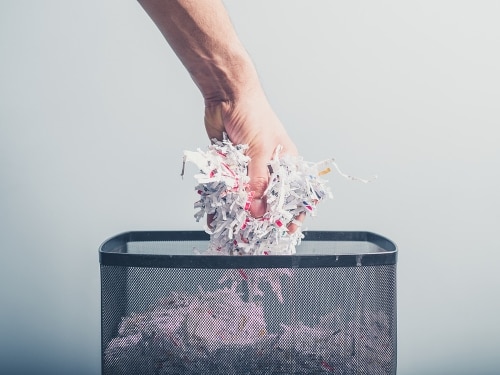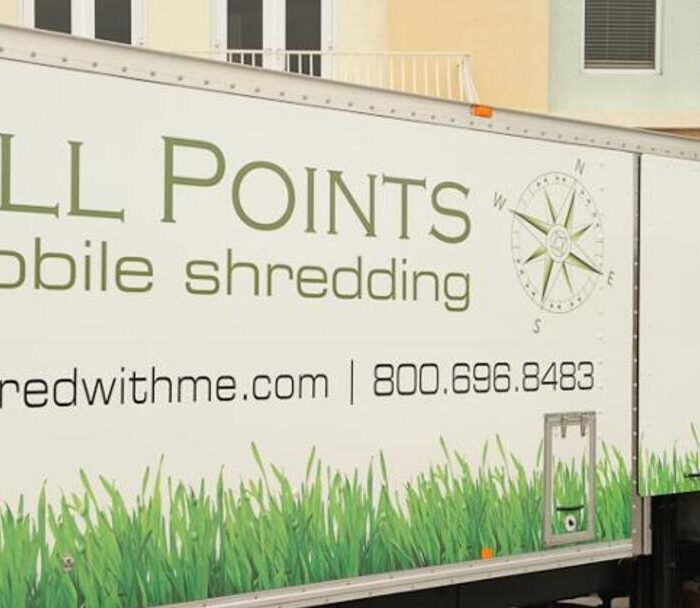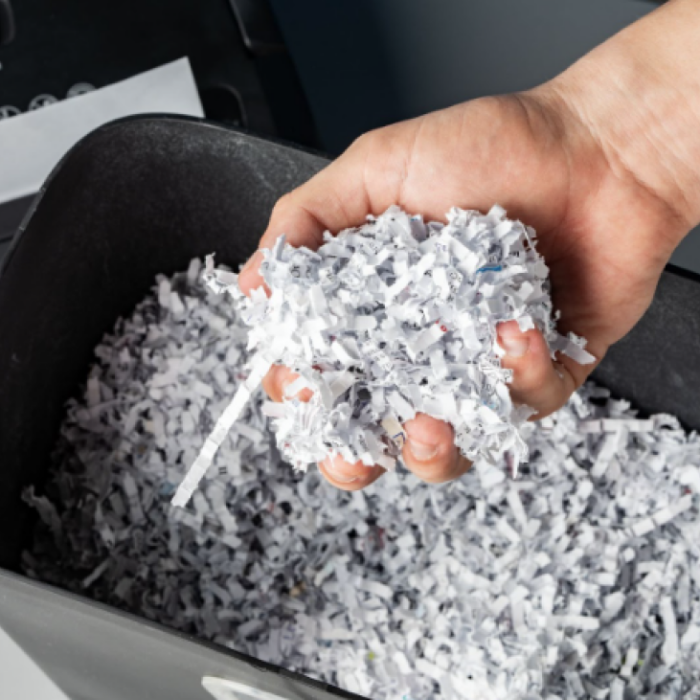Back it up!
The newest technology and devices afford all of us the opportunity to store massive amounts of information on our devices—whether it’s your home or office PC, your tablet or your phone. The more memory your device has, the more stuff you can keep on it. A few years back, everyone was syncing their photos, videos and personal data from their cell phones and other mobile devices onto their PCs, in an effort to ensure they don’t accidentally get lost and to continue to clear up more space. But that also meant all your data was stored on your PC, clogging it up and slowing it down—and putting you in a precarious situation should your hard drive crash or you got hacked. Now, there are several ways to back up your personal data that can keep it safe from malware attacks while keeping it off your personal devices and your PC. Take a look:
External hard drive
An external hard drive is just what it sounds like—a separate device that is used to manually back up all your most important files, including financial documents, personal documents, and even your most precious family memories. It easily plugs into your computer via USB. The only drawbacks of using this type of backup are that you have to manually do it and you have to remember to do it. Many people do a backup once a month—depending on how much data you’re storing, you set your own schedule. Experts recommend you set a reminder to ensure you stay on schedule and don’t risk losing your files in the event of a breach in between backups.
Back-up software
Another popular method people use to secure their data is by installing backup software that does the job automatically. You will still need an external hard drive to store the data on, but the software will continuously back up on a schedule that you set. Many of the newer operating systems have this type of software built in, including Time Machine for Mac and other types of software for Windows. There are a number of options sold by third-party companies that will also work well.
Save it, then shred it!
Once you’ve backed up all your important files, including tax returns, bank statements, insurance documents, credit card paperwork and any other personal data, you should shred most of them. While backing it up keeps it secure from hackers and frees up more space for you, keeping confidential documents that you don’t need on paper can still put you at risk. Outdated bank and credit card statements, tax returns that are more than seven-years-old and other similar paperwork can and should be shredded.
Whichever method you choose to use for backing up your files, remember to check your backup to make sure you’ve got everything before deleting any files. Also, if you choose an external hard drive, disconnect it from your PC after you’ve completed the backup, keeping it connected can pose a risk to the drive if your PC is hacked. It’s also a good idea to keep the drive in a fire-proof safe or other secure location in the event of a fire, a hurricane or other critical event.
All Points Mobile Shredding can provide you with onsite secure shredding on a regular basis—we also provide hard drive and other device destruction. Talk to us today about how we can help you secure your data against ID theft and other malicious crimes that put you and your family at risk.









